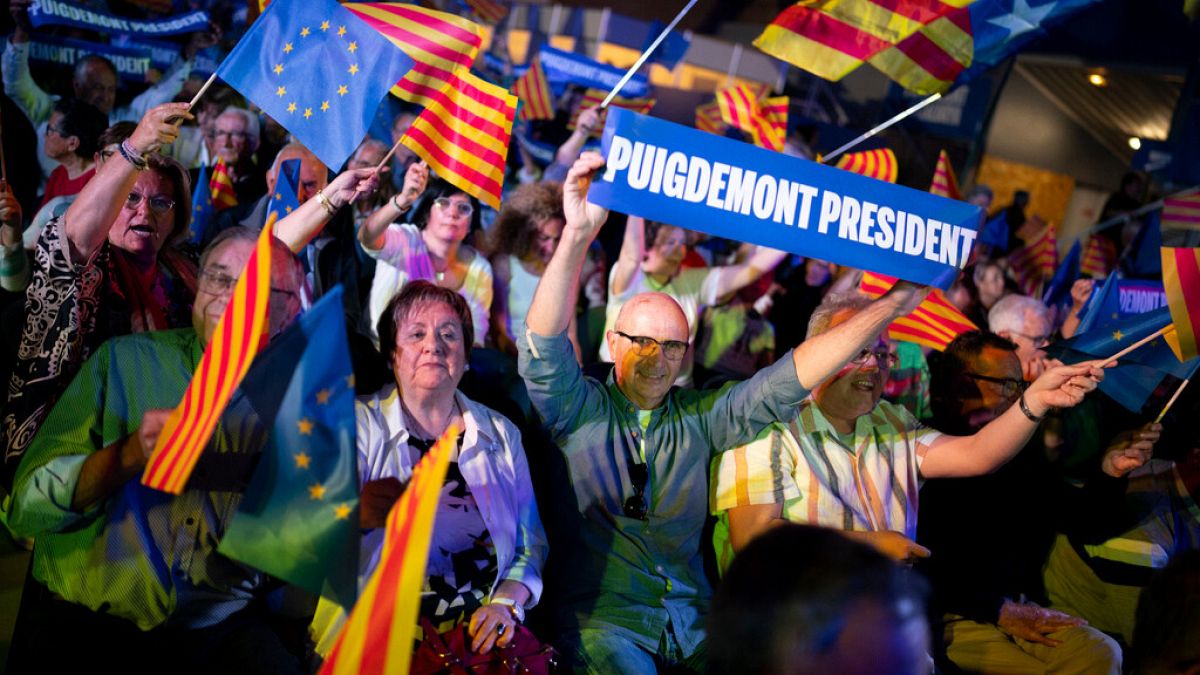The Spanish Parliament has passed a controversial amnesty law aimed at providing amnesty for Catalan separatists involved in the illegal 2017 secession bid. The legislation has caused uproar among many Spaniards who view it as undermining the rule of law. The amnesty, which received final approval with a vote of 177-172 in the lower house, could benefit former Catalan regional president Carles Puigdemont and others involved in the breakaway attempt. However, legal challenges are expected, and the law’s constitutionality is being questioned due to concerns about unequal treatment of Spanish citizens.
The amnesty law was supported by Spain’s left-wing coalition government, two Catalan separatist parties, and smaller parties, while the conservative Popular Party and far-right Vox opposed it. The law is seen as a way to help keep the Spanish government together and reduce tensions in Catalonia. Prime Minister Pedro Sánchez has stressed the importance of the amnesty in resolving the conflict in the region. However, the amnesty was also a political strategy for Sánchez to gain the support of separatist lawmakers when forming a new national government in November.
Despite the approval of the amnesty law in the Spanish Parliament, it is expected to face legal challenges and review by higher courts. Critics argue that the law could create inequality among Spanish citizens by favoring some over others. Protests against the law have been led by the Popular Party and Vox in Madrid and other cities, and there is opposition to the law within Sánchez’s own Socialist party. The controversial legislation comes at a crucial time as European Parliament elections approach, and Sánchez’s Socialists are working to form a government in Catalonia following their victory in the regional elections.
The amnesty law could benefit a wide range of individuals involved in the 2017 secession bid, including former Catalan government officials, citizens who participated in the breakaway attempt or protests, and police officers involved in the crackdown on the illegal referendum held by Puigdemont’s government. While the law aims to provide a pathway to resolving the conflict in Catalonia, it is expected to face legal challenges and could further divide public opinion in Spain. The controversy surrounding the amnesty law reflects the deeply entrenched political and social divisions in the country, particularly regarding the issue of Catalan independence.
In conclusion, the approval of the controversial amnesty law for Catalan separatists marks a significant development in the ongoing conflict between Catalonia and the Spanish government. The amnesty is seen as a way to reduce tensions in the region and keep the country’s government together. However, the law has sparked outrage among many Spaniards who view it as a threat to the rule of law and express concerns about potential inequality among citizens. As the legal challenges and political implications of the law unfold, it remains to be seen how it will impact the future of Catalonia’s quest for independence and the broader political landscape in Spain.










